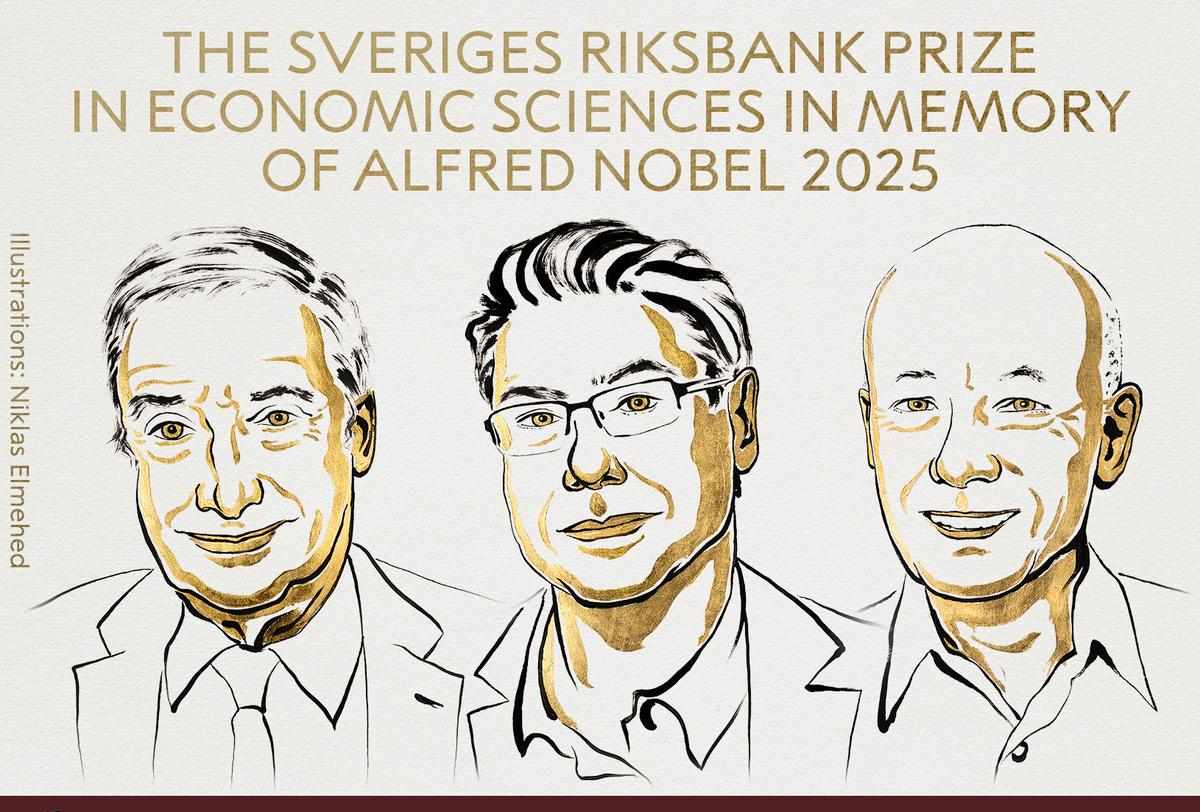
In the realm of economics, the concept of scarcity had long been viewed as a cornerstone of our understanding, shaping models and influencing behaviours based on the finite nature of resources like food, land, and capital. However, the thought provoking results of John B. Calhoun's "mouse paradise" experiment, officially know as the Universe 25, challenge this long held perspective in a compelling way. Calhoun created a literal utopia for a colony of mice, providing them with unlimited food, water and nesting materials, effectively eradicating the traditional Malthusian checks of famine and disease. As expected, the population of these mice skyrocketed, doubling every 55 days in a impressive display of exponential growth. Yet, this initial success veiled a dire consequence that led to a shocking collapse, despite the abundance of resources, the mouse population peaked at just 2,200 and then descended into extinction.
The experiment revealed that the so called "trap" was not rooted in a lack of material resources, but rather in the constraints of social space. As the population became increasingly overcrowded, a "behavioural sink" emerged, causing the breakdown of normal social behaviours that are essential for societal cohesion. The customary division of labour between genders disintegrated, and from this chaos arose a group of so called " beautiful ones". These mice engaged in vain behaviours, consuming, grooming and exhibiting no real purpose or contribution to their community. Strikingly, without the pressures of scarcity , the motivation to participate in society dwindled, leading to a profound existential crisis within the population.
The findings from Universe 25 compel economists and social theorists alike to reconsider the underpinnings of human sustainability. It becomes evident that a society's well being cannot solely be measured through material abundance but also depends on the quality of the social fabric that binds it together. In a age where automation and resource availability are on the rise, the warning from the Mouse Utopia experiment is clear, future crises may not stem from a lack of resources, but rather from a deficit of meaning and social cohesion. The ultimate challenge our economic systems face is not merely to generate wealth but to cultivate environments that promote interconnectedness, purpose, and social norms that allow communities to thrive together. As we navigate this evolving landscape, we must strive to design economic frameworks that prioritise both material prosperity and the interpersonal bonds that foster resilience and wellbeing.





Write a comment ...